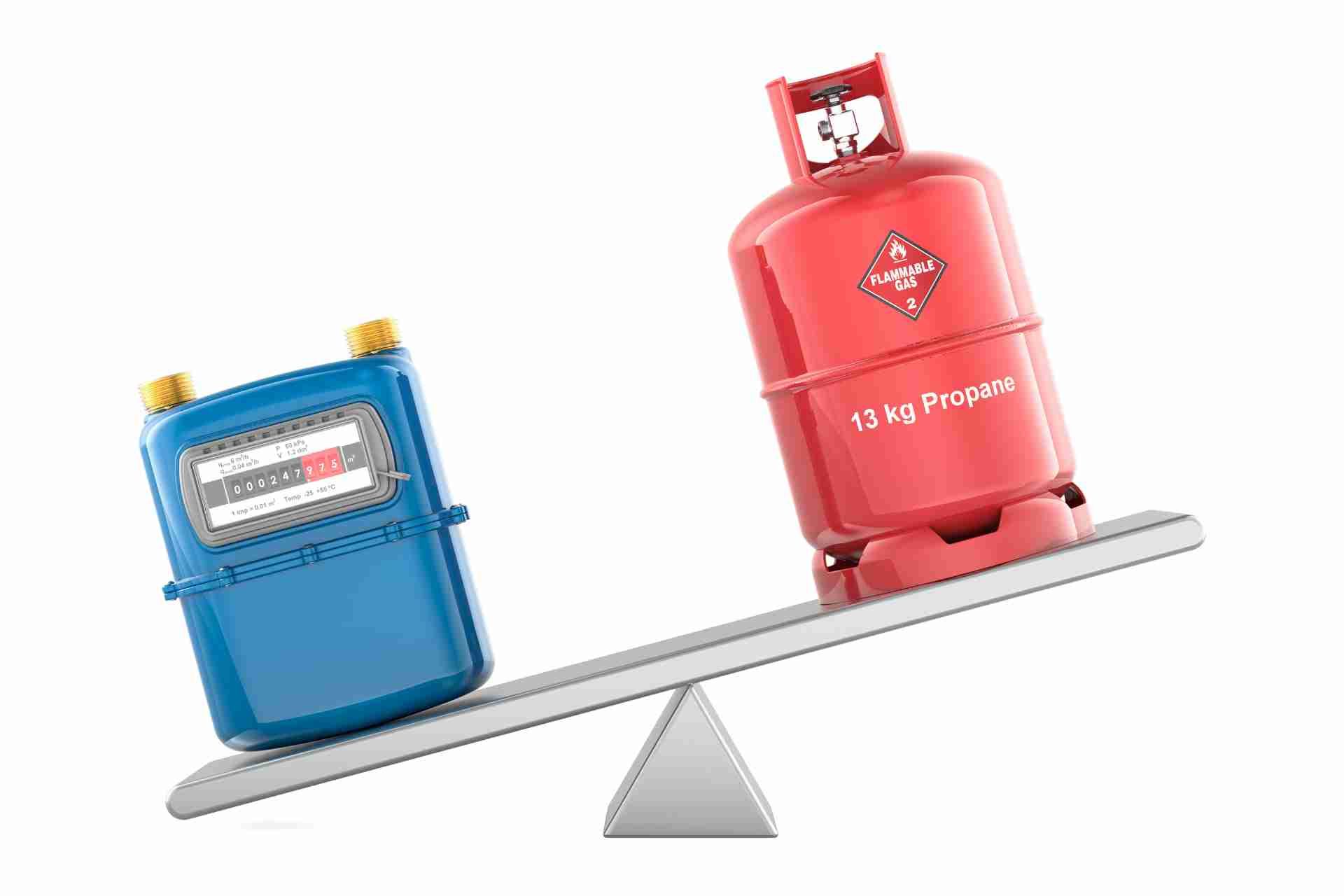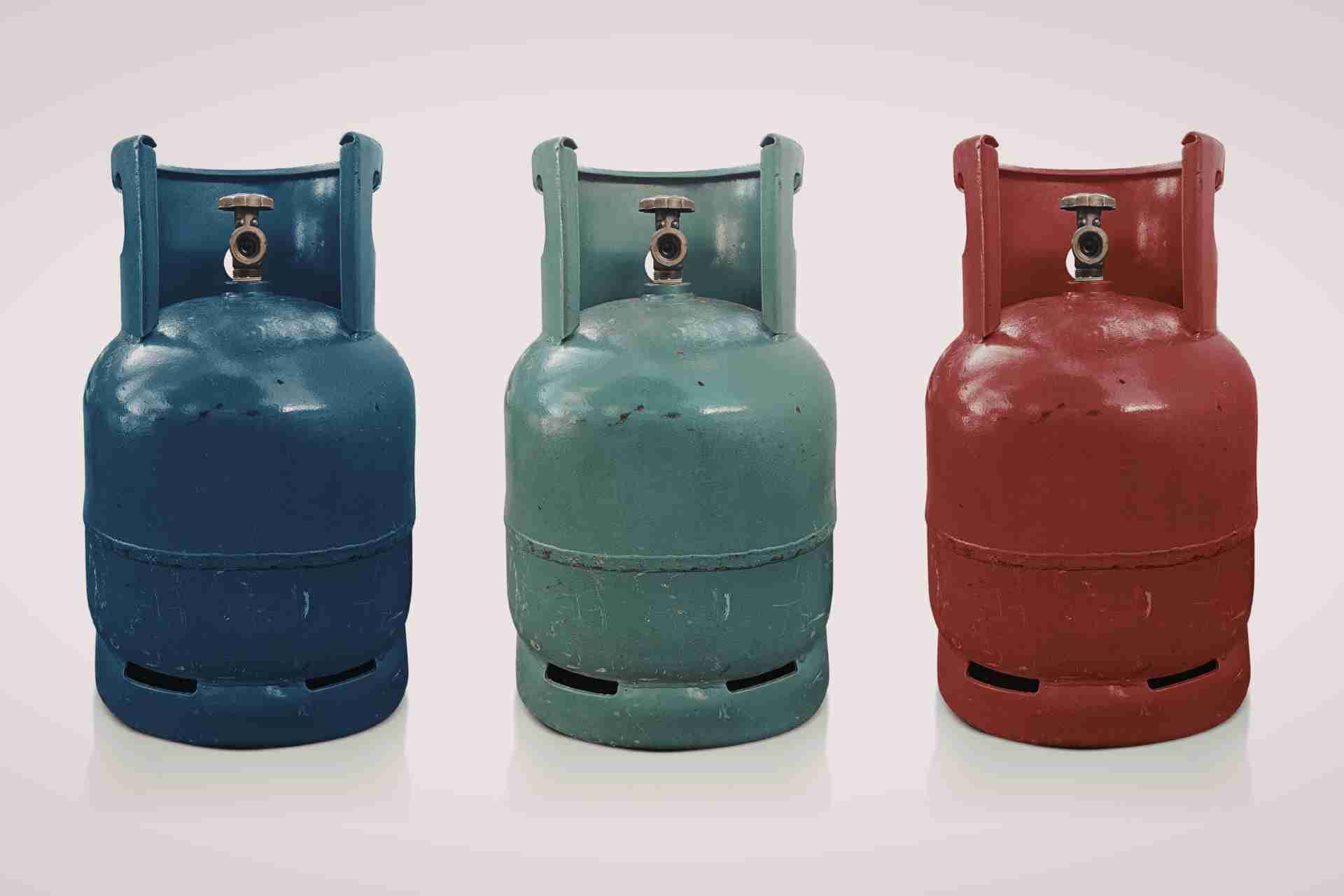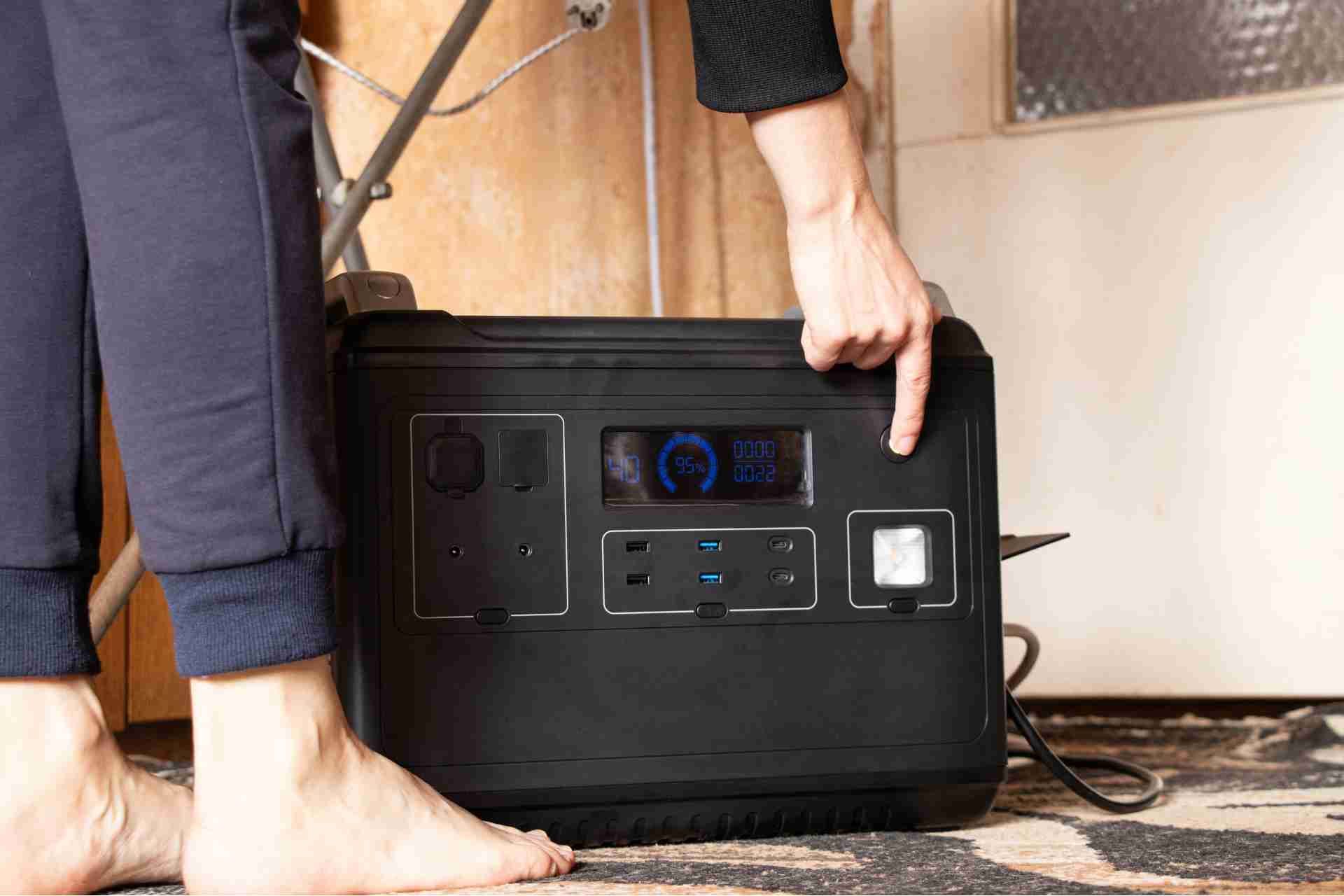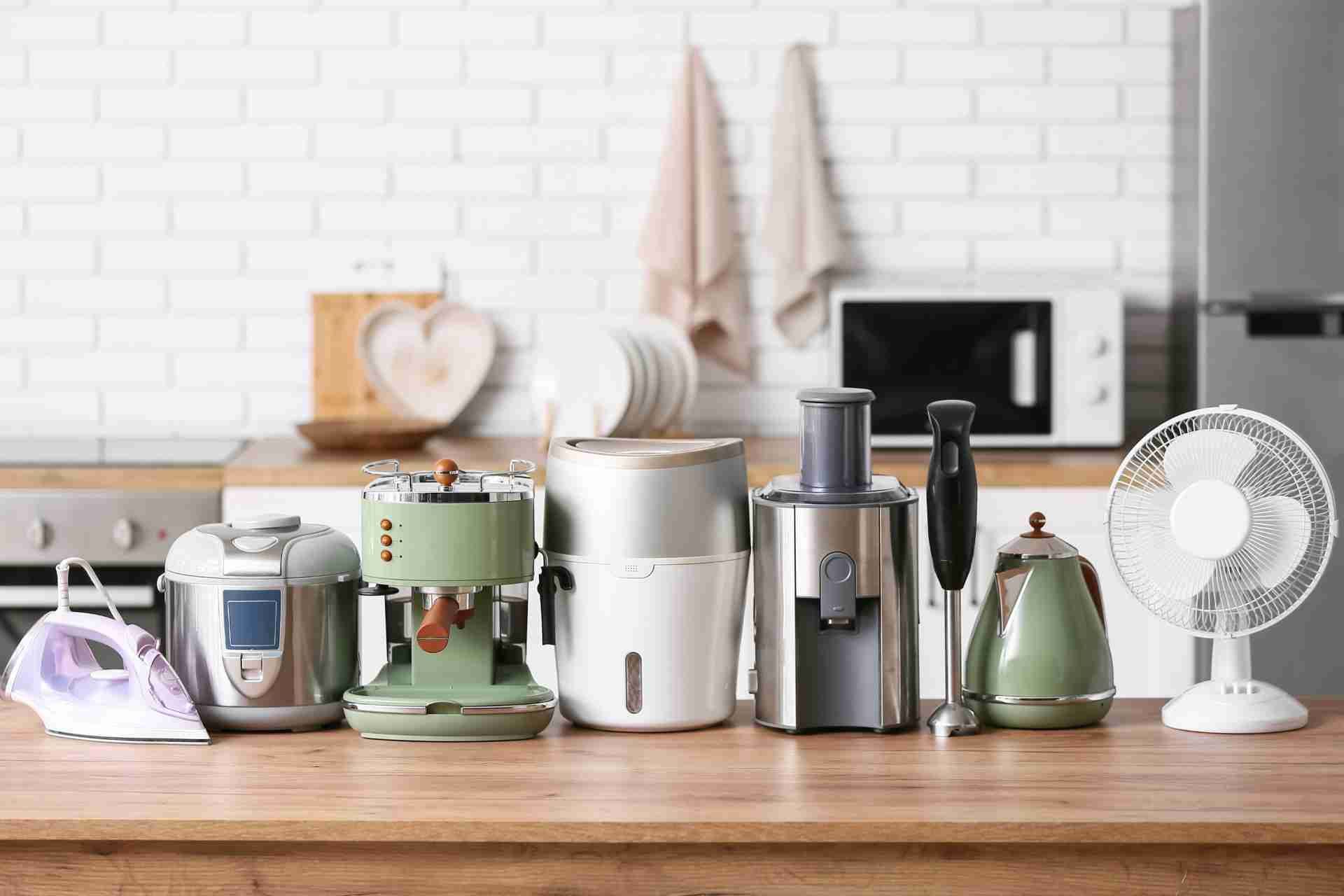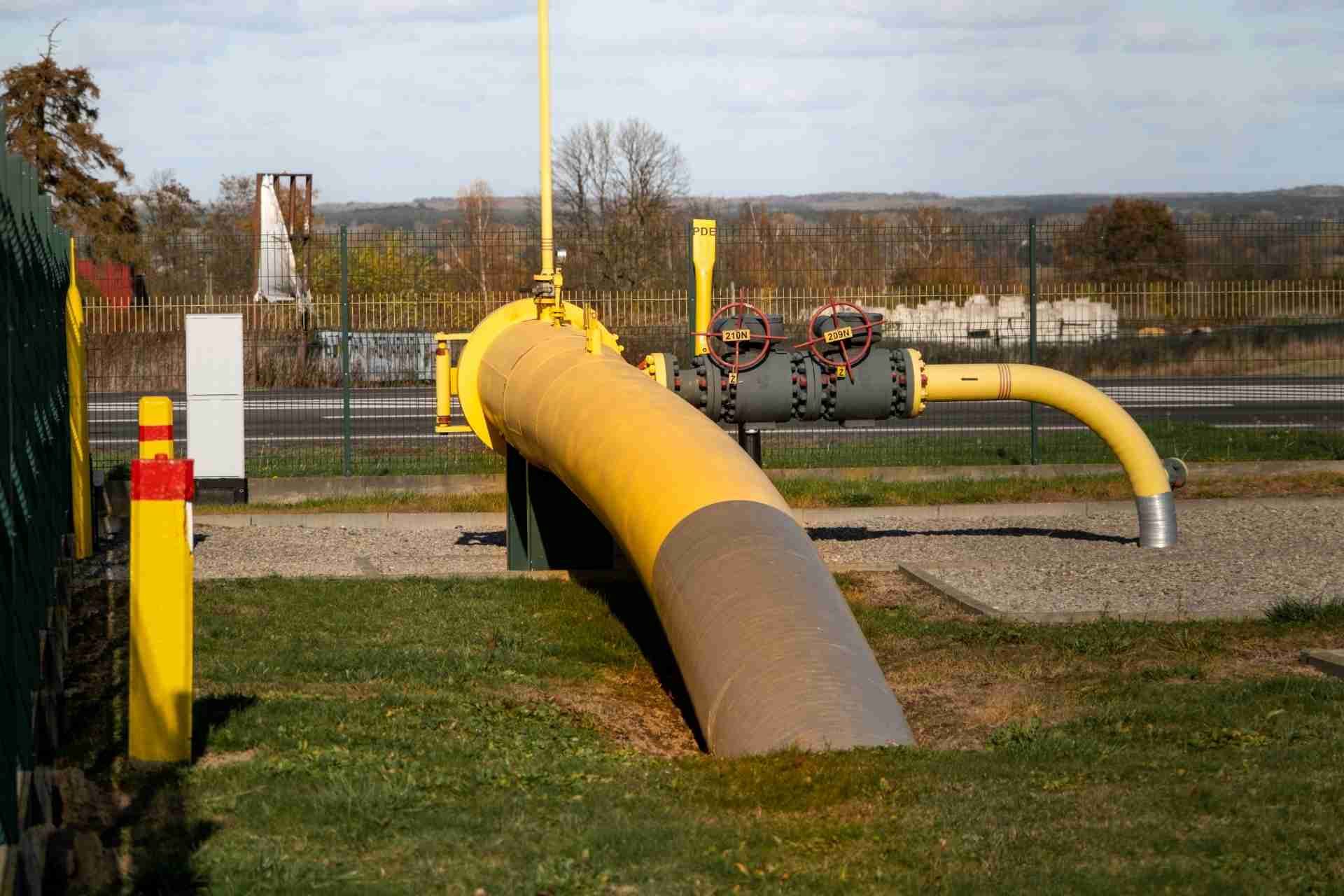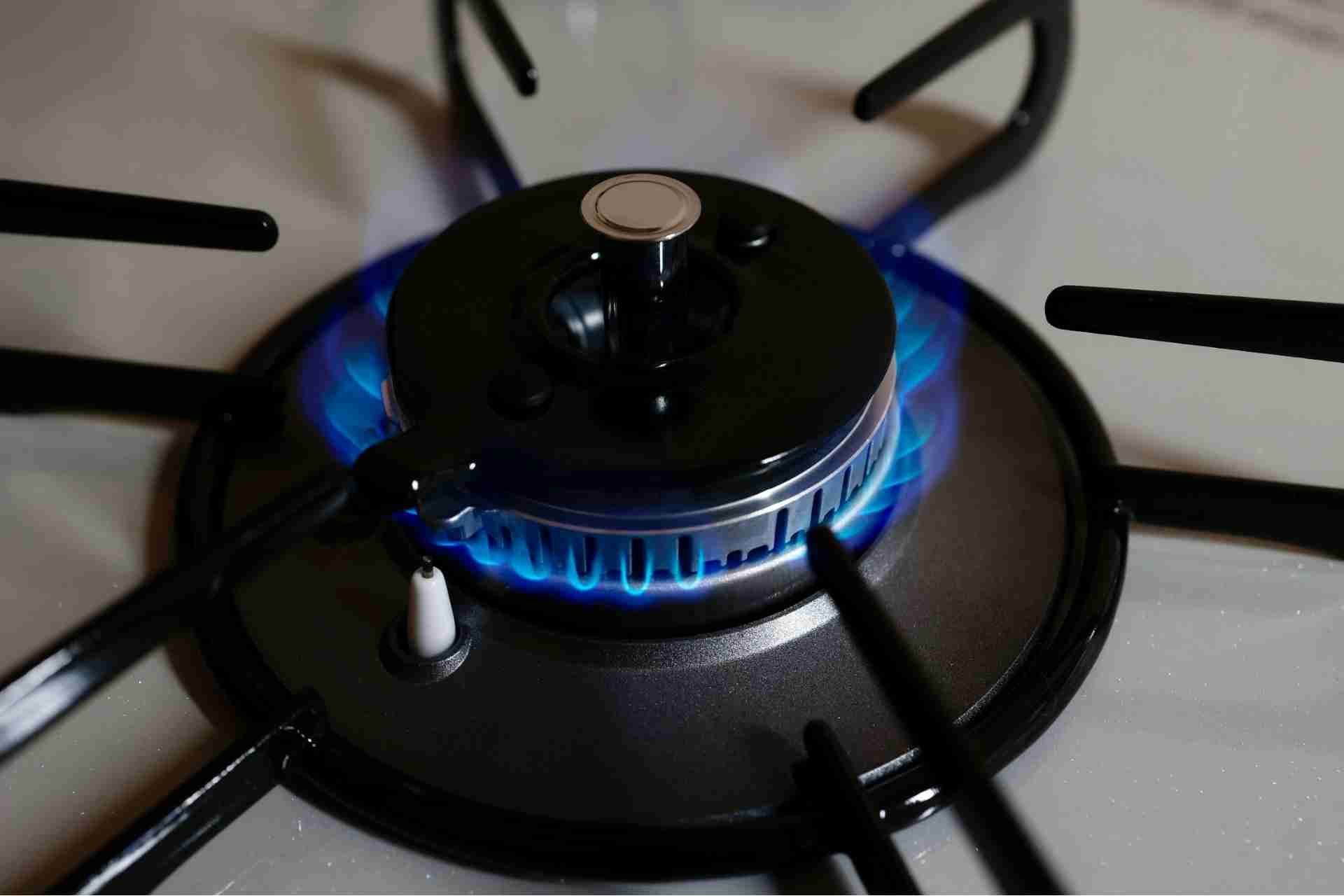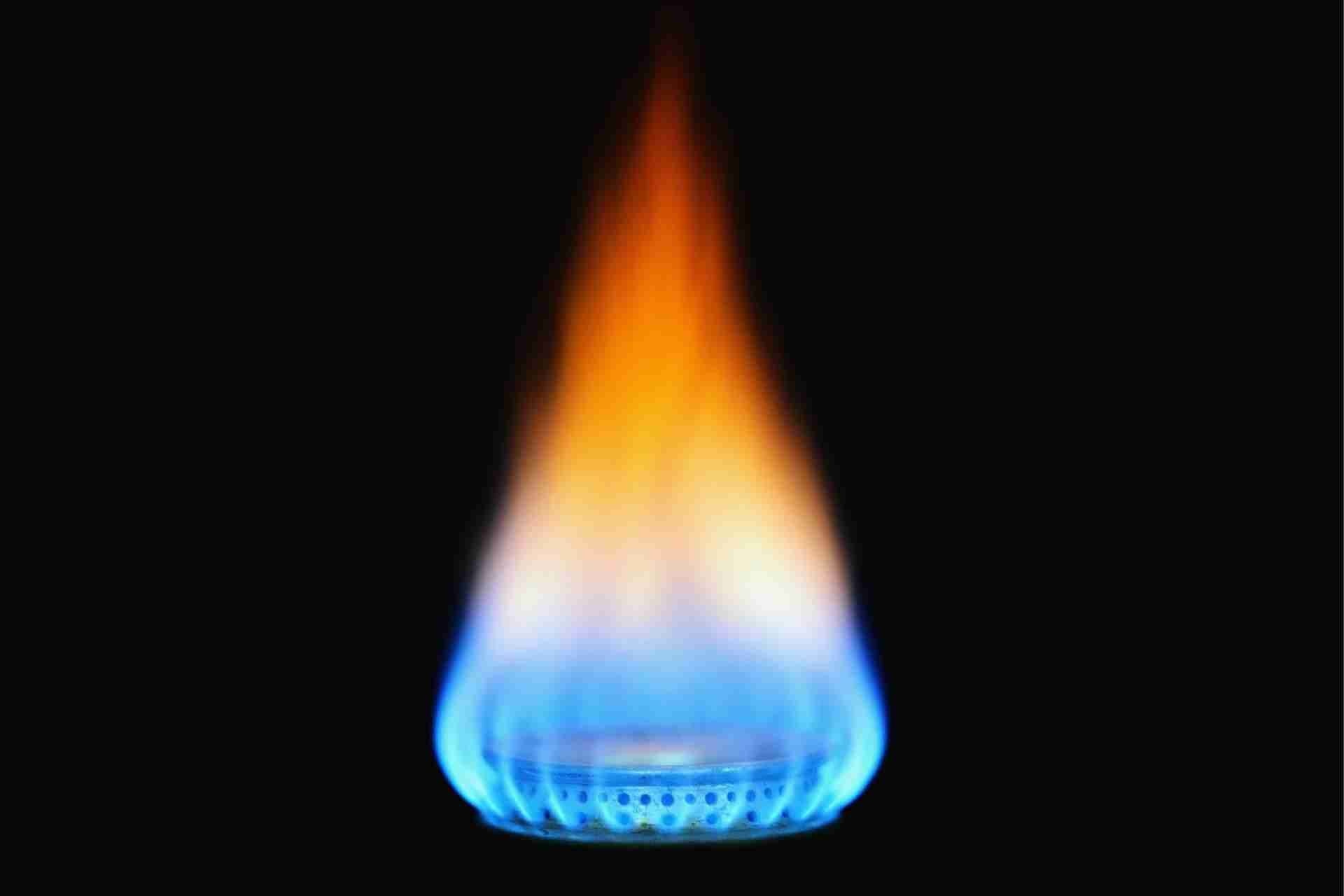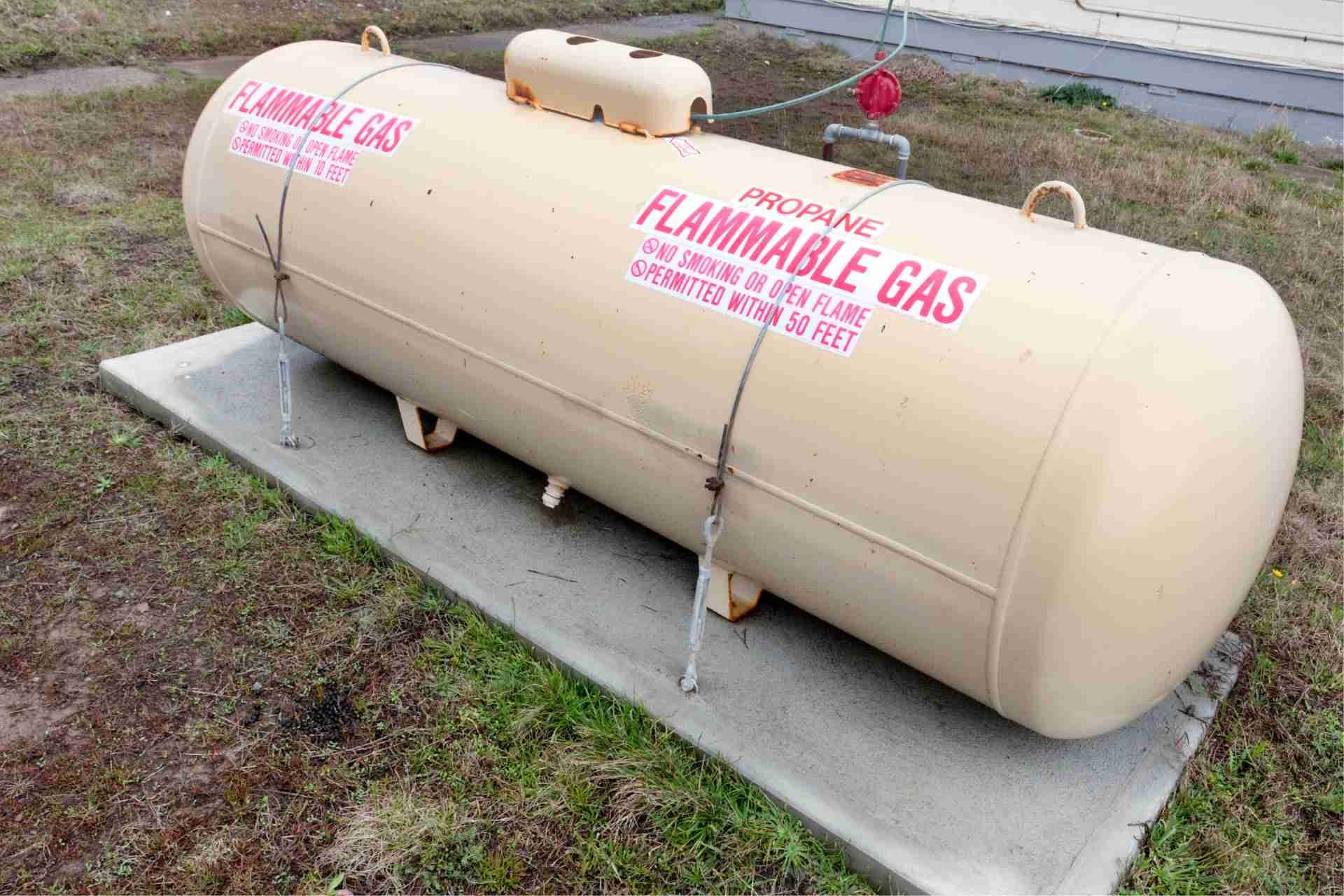When to Replace Propane Equipment: furnaces, regulators, lines & more
Knowing when to replace your propane equipment is essential for both safety and efficiency. If your furnace is nearing the 15 to 20-year mark, or if your regulator is pushing 10 to 15 years, it might be time to consider an upgrade. But how do you spot the signs that something needs attention? Understanding these indicators can save you money and hassle in the long run. Let's explore what you should be on the lookout for.
Understanding the Lifespan of Propane Equipment
When you invest in propane equipment, it's important to understand its lifespan, as this knowledge helps you plan for replacements and maintenance.
Generally, propane furnaces last around 15 to 20 years, while regulators typically function well for about 10 to 15 years.
Propane lines can last much longer, often exceeding 30 years, depending on the materials used and installation conditions.
Regular maintenance can significantly extend the lifespan of your equipment, so consider scheduling annual inspections.
Knowing these timelines enables you to budget effectively for future expenses and helps prevent unexpected breakdowns.
Signs Your Propane Furnace Needs Replacement
How can you tell if your propane furnace is nearing the end of its life? Watch for a few key signs.
If your furnace requires frequent repairs or is more than 15 years old, it might be time for a replacement.
Notice any unusual noises like banging or rattling? That could indicate internal issues.
Additionally, if your energy bills are rising without increased usage, your furnace may be losing efficiency.
You should also pay attention to uneven heating throughout your home or persistent cold spots.
Lastly, if you smell gas or notice yellow flames instead of blue, it's a serious safety concern.
Don't ignore these signs; they're your furnace's way of telling you it's time for an upgrade.
When to Replace Your Propane Regulator
A functioning propane furnace relies on various components, including the regulator, to operate efficiently and safely.
If you notice inconsistent heating or a hissing sound near the regulator, it's time to investigate further. Regulators can wear out or become faulty over time, which can lead to improper gas flow.
You should also replace your regulator if it's more than 10 years old, as older models may not meet current safety standards. Regular maintenance checks are crucial; if a technician identifies corrosion or damage, don't hesitate to replace it.
Prioritizing your regulator's health ensures your system runs smoothly and reduces the risk of leaks or malfunctions. Always consult a professional for replacements to guarantee safety and compliance with regulations.
Identifying Issues With Propane Lines
Identifying issues with propane lines is crucial for maintaining safety and efficiency in your propane system.
Start by visually inspecting the lines for any signs of wear, such as cracks, rust, or corrosion. Pay attention to any unusual smells, as a strong odor could indicate a leak. You should also listen for hissing sounds near the lines, which can signal escaping gas.
Additionally, check for loose connections and ensure that all fittings are secure. If you notice any of these issues, it's essential to address them immediately.
Don't hesitate to call a professional if you're unsure about what you're seeing or hearing. Keeping your propane lines in good condition helps prevent accidents and ensures your system operates efficiently.
The Importance of Regular Maintenance Checks
Regular maintenance checks are vital for the longevity and safety of your propane equipment. By regularly inspecting your furnaces, regulators, and lines, you can identify potential issues before they escalate into costly repairs or safety hazards.
You'll want to check for leaks, corrosion, or wear and tear that could compromise efficiency. Additionally, these checks ensure your system operates at peak performance, minimizing energy costs.
Regular maintenance not only extends the lifespan of your equipment but also keeps your home safe from gas leaks or malfunctions.
Don't wait for an emergency to remind you of the importance of upkeep. Schedule routine checks with a qualified technician, and you'll enjoy peace of mind knowing your propane system is in good hands.
Upgrading to Energy-Efficient Propane Equipment
Have you considered how upgrading to energy-efficient propane equipment can benefit both your wallet and the environment?
Modern propane appliances are designed to maximize efficiency, reducing energy consumption and lowering your utility bills. By replacing outdated models with Energy Star-rated equipment, you can save significant money over time while enjoying improved performance.
Additionally, these efficient systems produce fewer emissions, helping to decrease your carbon footprint. Many states and local governments offer rebates or incentives for upgrading, making the transition even more affordable.
Investing in energy-efficient propane equipment not only enhances comfort in your home but also contributes to a more sustainable future.
Safety Considerations for Propane System Replacement
When it comes to replacing your propane system, what safety measures should you keep in mind?
First, always hire a licensed professional for installation. They'll ensure compliance with local codes and safety regulations.
Before starting any work, turn off the propane supply and ventilate the area. Check for leaks using soapy water on joints—bubbles indicate a problem.
Ensure all connections are tight and inspect for wear or damage. If you're replacing tanks, choose the right size and type for your needs.
Lastly, install carbon monoxide detectors and propane alarms in your home to alert you to any issues.
Taking these precautions can help keep you and your family safe during the replacement process.
Conclusion
In conclusion, knowing when to replace your propane equipment is essential for safety and efficiency. Keep an eye out for signs like frequent repairs or rising bills, and don't hesitate to replace your furnace or regulator when needed. Regular maintenance checks will help you catch issues early and ensure your system runs smoothly. Upgrading to energy-efficient options can save you money in the long run, so stay proactive in caring for your propane system.

